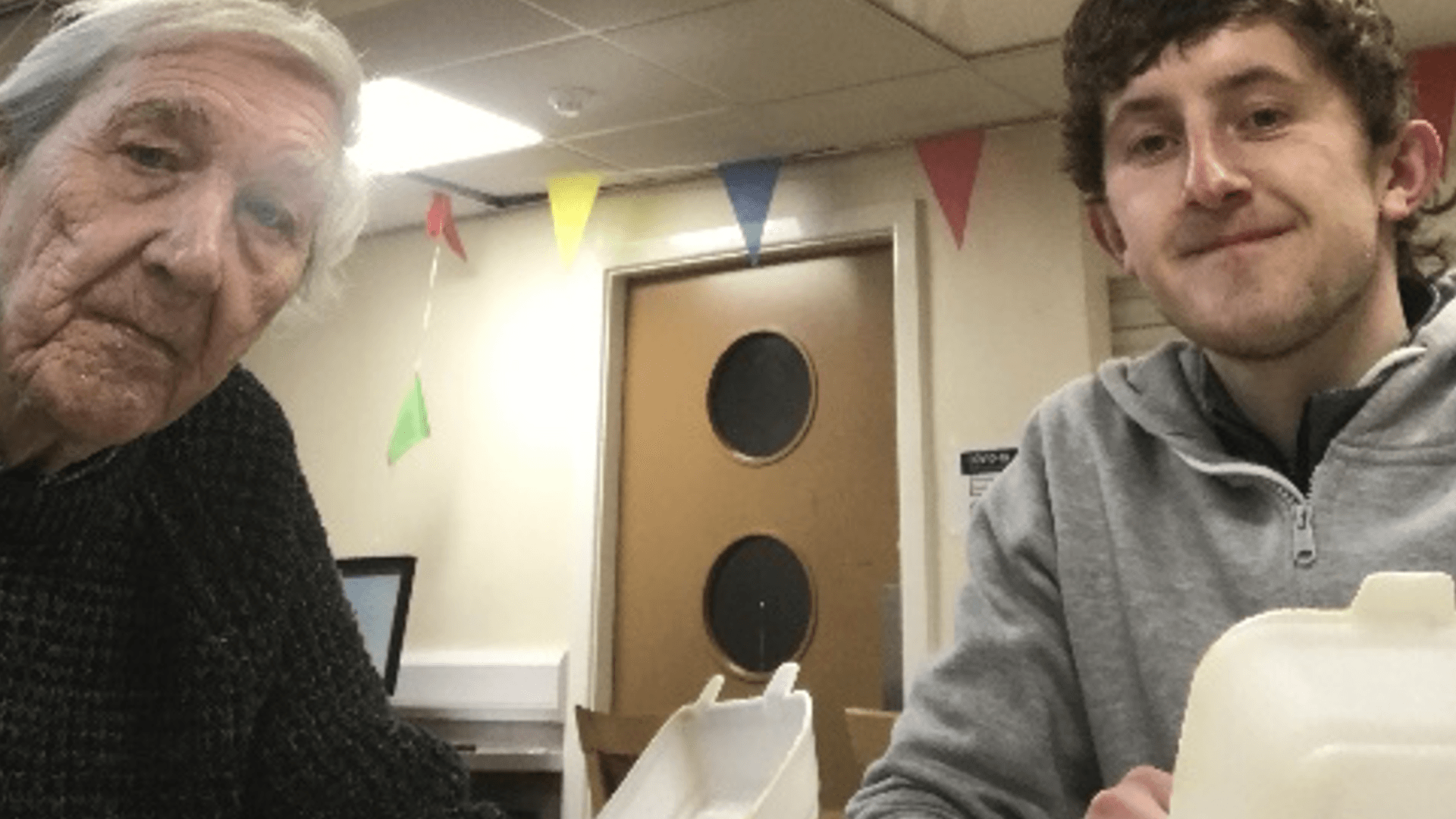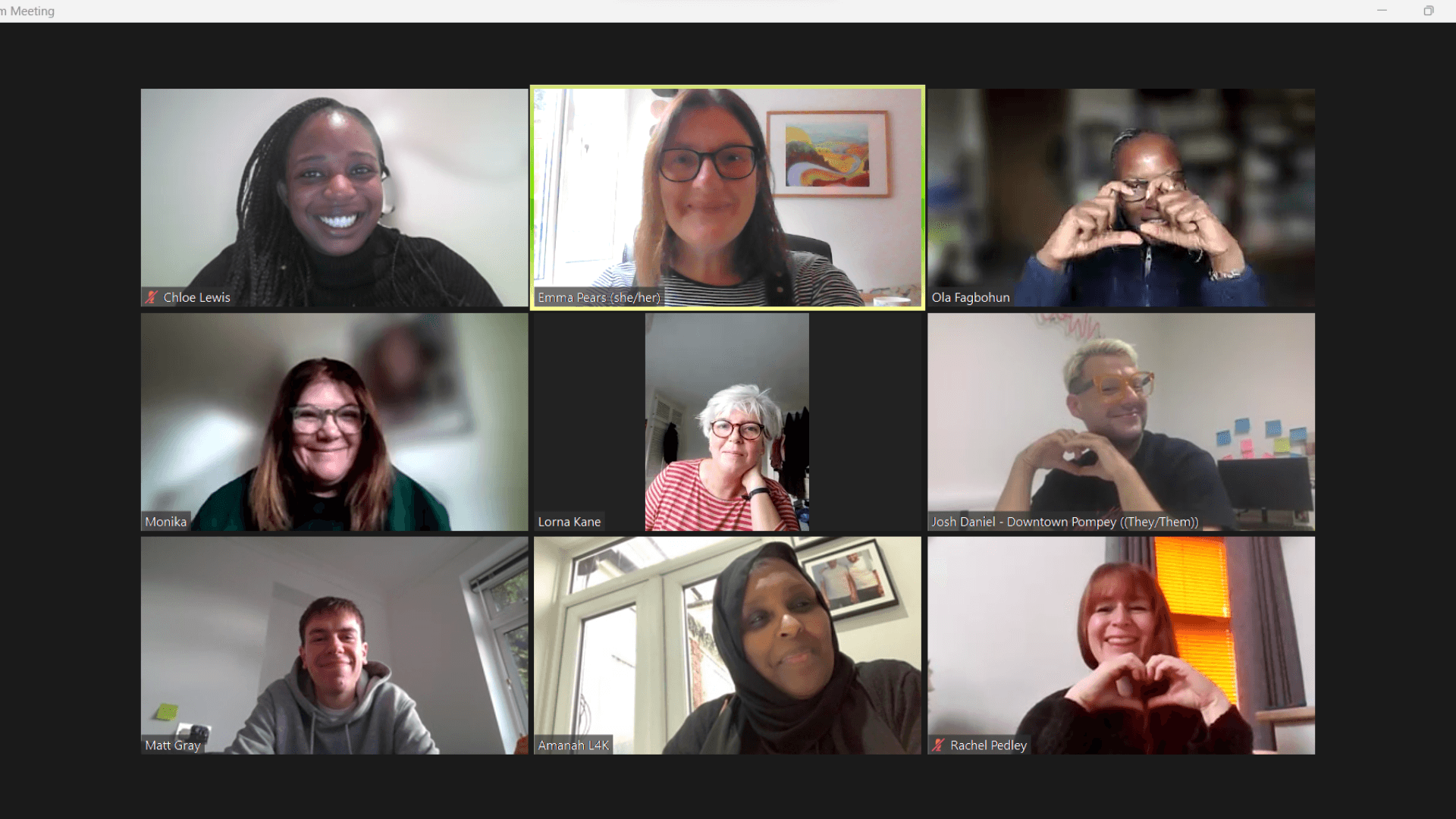Our social capital crisis and why it matters – Part two (protecting our public services)
Posted by The Cares Family on 24th November 2021
Please note: this post is 43 months old and The Cares Family is no longer operational. This post is shared for information only
The Cares Family and Power to Change recently jointly-published a new report, Building our social infrastructure: Why levelling up means creating a more socially connected country. This report argues that, in order to level up Britain, Ministers and officials should put relationships and communities at the heart of policy and decision-making. Over the coming month, we will post a series of blogs exploring and summarising the key findings and points set out in it. This is the second of these blogs. The first can be found here.
If there’s one idea that we set out to challenge through our new joint-report with Power to Change, it’s that the health and strength of our relationships doesn’t hold real significance for society at large. In my last blog, I outlined how our social capital crisis is impeding economic growth and restricting social mobility – highlighting one important way in which our individual experiences of disconnection cumulatively shape the shared lives of our communities and country. This blog will explore how this same dynamic is playing out in another critical area of national life – how pressure is being heaped on the public services on which we all depend by our connection deficit.
The toll which social disconnection is taking on our health service has increasingly come into focus in recent years, in part because of the brilliant work of organisations such as The Campaign to End Loneliness. Chronic loneliness has been shown to harden our arteries, increase inflammation of the gut, heart and joints and to slow the production of antibodies. Feeling lonely also puts us at greater risk of a range of mental health conditions, including depression, low self-esteem and anxiety. No wonder the Royal College of GPs have declared loneliness to be a public health emergency.
In our work over the last decade, The Cares Family team have often witnessed first-hand the impact which isolation – and building new relationships – has on the mental health of old and young alike. Fran, 31, commented of a friendship she developed through our Love Your Neighbour programme: "I think when she sounds down and I go around I can see it makes a difference, but it goes both ways. I can have a rubbish day at work and just feel tired and like I want to go home but I always leave Sheila’s feeling way better than I did when I went there." Yolanda, 76, told us that “When I heard about Love Your Neighbour, I was having a particularly bad time. I was feeling very down. Weeks went by without seeing anybody… Then I met Sarah. Knowing that somebody is coming round to see you every week is wonderful.”

Sheila and Fran, friends who met through our Love Your Neighbour programme
Social division too is really quite bad for us – and, by extension, for the NHS – even if its adverse effect on our health isn’t as widely understood. Researchers have found that, when we are confronted with people with whom we don’t feel we share a natural affinity, our stress levels rise – leading to increased cardiovascular disease, more mental health issues and higher overall mortality rates. It’s also the case that our attitudes towards eating, drinking and exercising tend to reflect those of our family members, friends and acquaintances – and that the absence of diverse social networks can therefore serve to spread and compound unhealthy habits.
To fully grasp this crisis’s impact on our public services, though, we need to consider why governments in countries including Scotland, Finland and New Zealand are increasingly putting improving citizens’ wellbeing at the very heart of public policy.
The What Works Centre for Wellbeing suggest that adopting this overarching goal allows policymakers to ‘break down departmental or jurisdictional silos’ and to shape interventions which reflect ‘how different parts of our lives and experiences intersect’. This in turn encourages preventative policy action aimed at promoting and sustaining wellbeing, rather than at managing the acute problems which arise down the line when people become less happy, satisfied and fulfilled.
It’s typically the case that preventative, ‘whole person’ approaches of this sort are delivered most effectively within and by communities – where we after all tend to relate to one another not as customers, clients or even as citizens but as, well, people. But attempts to draw communities into the design and delivery of public services are considerably less likely to succeed where neighbours don’t know or trust one another.
By the same token, people in disconnected communities are less prone to forming informal habits of mutual support and reciprocity with neighbours, friends and family members. These everyday practices and relational routines – checking in on a neighbour, picking up their shopping or minding their kids – are crucial to our wellbeing and often prevent manageable problems from mushrooming. Their absence, that is to say, creates a void which it falls to public services to fill.
And this shortfall of fellow feeling in low-social capital areas extends beyond our local neighbourhoods – even shaping how we relate to one another through national politics. Research shows that people with fewer and weaker social connections are less able to put themselves in others’ shoes – empathy, in the words of Stanford University psychologist Jamil Zaki, is ‘a muscle – left unused, it atrophies; put to work, it grows’. This is significant in that our individual wellbeing is determined in no small part by how are treated and perceived by those around us; but also as some studies suggest that our level of willingness to pay the taxes which enable effective public service delivery may depend upon how well we are able to empathise with one another. Public service administrators in these areas may well, then, find themselves asked to do more with less.
Ultimately, prioritising wellbeing in policymaking must mean working purposefully to tackle social disconnection. Most blogs on the topic of social capital will tend to quote Robert Putnam sooner or later, and this one is no exception. During the first few years of the millennium, Putnam and the editor of the World Happiness Report, John Helliwell, delved into data on what explains life satisfaction from around the globe – and concluded that ‘wellbeing is best predicted by the breadth and depth of one’s social connections.’
The next blog in this series is here.


